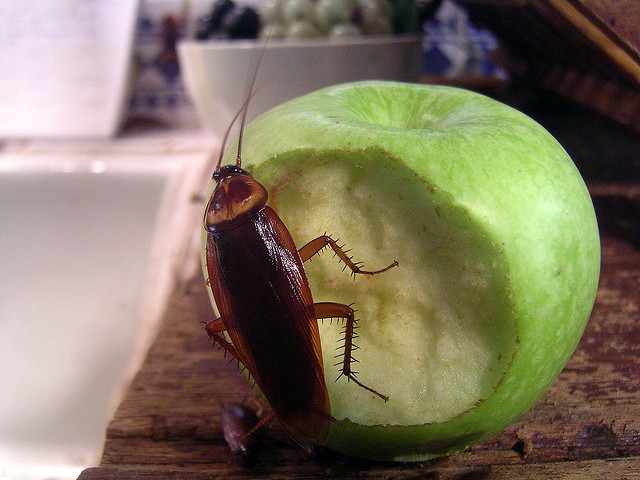
Today’s guest post comes from Jessica Velasco who is a freelance writer living in El Salvador. She enjoys writing about a myriad of things – the topics range from print marketing to travel blunders to everything in between. She loves that her job allows her to work from the hammock and compose in her native language – no Spanish blunders in her professional life!
Unintentional Sexual Innuendos: Spanish and Spanish Slang in El Salvador
I am an expatriate; a US citizen living in El Salvador. I came here on a whim. There wasn’t a whole lot of planning involved and zero preparation in the language department. As such, I have committed more than my fair share of linguistic blunders.
Focos versus Focas
I often do innocent – yet highly entertaining – things like switch vowels around. For example, I was in the grocery store and asked the sales clerk to point out the seals (focas) instead of light bulbs (focos). He was thinking I was insane for wanting to purchase a large sea mammal and I was thinking he was insane for not knowing where a common household item was located.
Techo versus Piso
I also unknowingly confuse things that are opposites. For example, I asked to borrow two eggs from my neighbor. I tried to explain the shortage – my son wanted to help me cook and my eggs ended up on the roof (techo) instead of the fry pan. Obviously, I meant floor (piso).
But nothing – nothing – compares to my two biggest blunders. And oh, what a surprise – they also happened to involve very inappropriate sexual references.
Cucaracha versus Cuca
I never knew how much I hated bugs until I moved to El Salvador. As a Mid-Westerner, I had never had much experience with them. But once those big, strange, scary bugs were all up in my business, I had a sudden (probably irrational) fear of them.
Cockroaches were the worst. I can’t even talk about them, they are that bad.
Anyway, whenever I would spot one in the house, I would immediate run from the room, yelling “Cuca!” Because of my hatred for the beasts, I quickly learned that cuca was short for cucaracha (the Spanish word for cockroach). My husband would swoop in and save the day, smashing that monster to pieces.
No one ever told me cuca had another meaning.
One day, a man and woman from church came to visit me. They knew my husband worked all day, leaving me home alone. They often came to see if everything was ok. That day, I was supremely happy to see Carlos. A cockroach had just appeared in my kitchen sink. I had seriously considered letting the bugger have the entire room to himself until my shoe-wielding husband got home that evening. But alas! Carlos was here!
Me: ¡Carlos! Tengo un grande cuca!
Carlos: ¡De veras, Jessica!
Me: ¡Si! ¡Rápido! Rápido!
The next day at church, Carlos relayed the conversation to my husband. I’ve never seen a Hispanic man blush, but I swear Carlos turned eight shades of red. My husband turned to me with a look of horror.
“Did you say that to Carlos?!”
“Um, yeah. What’s the big deal?!”
Here’s the deal. Cuca is short for cucaracha. It is also slang for “pussy”. So when I thought I told Carlos I had a large cockroach in the house, I actually told him I had a large pussy.
Calor versus Caliente
My Spanish skills often fail me when I am in the midst of long, drawn out stories. Apparently, the more I use my Spanish the worse it gets.
One day, I was telling my friends Lucy and Pedro about life in the north. We were talking about how cold it got. But I, feeling the need to brag a bit, mentioned that I rarely wore a coat in the winter. Why? Because I’m always hot.
Let’s stop right there. If you think about it, the phrase “I’m hot,” has three meanings in English.
1. My internal body temperature has risen to an uncomfortable level.
2. I think I am exceptionally attractive.
3. I am sexually excited and ready for action.
When telling the story to my friends, I said “Estoy caliente,” with the intention of implying “my internal body temperature has risen to an uncomfortable level.” [JARED: You would normally say “tengo calor” to communicate this meaning of HOT]
But apparently, in Spanish, “estoy caliente” only has one meaning – not three. And it does not reference internal body temperature. It says, “I am sexually excited and ready for action.”
Considering how little I use my Spanish (despite living here for quite some time), I anticipate many more blunders on the horizon. Stay tuned!
Check out these other El Salvador Spanish Slang articles.
Photo credit: Cockroach on an apple by Neil Turner via Flickr